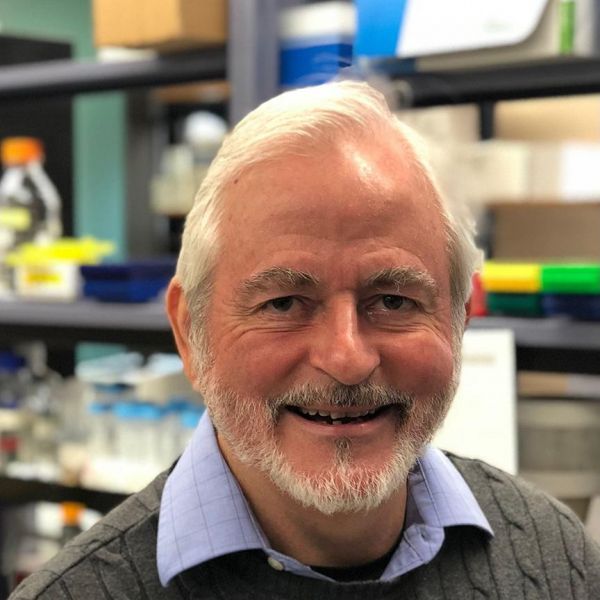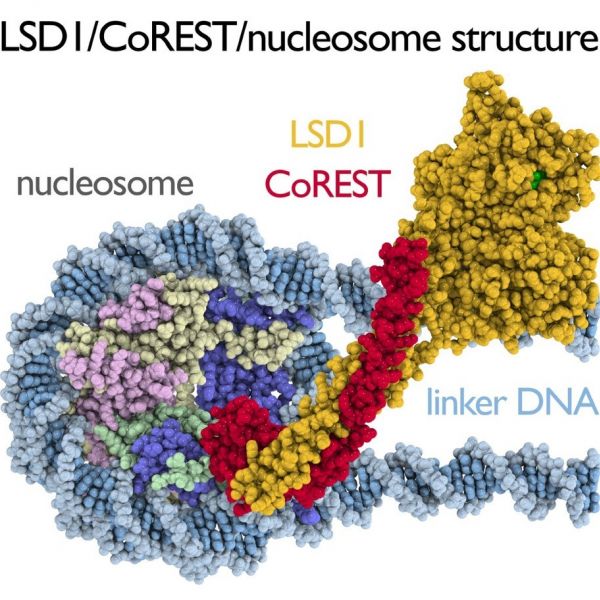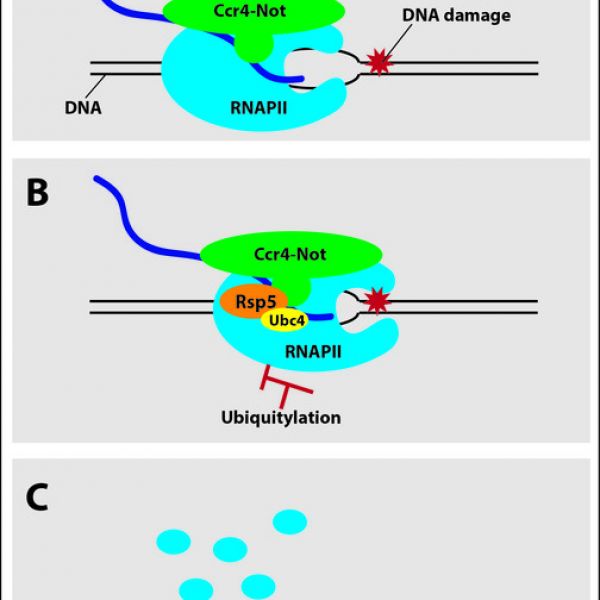News

Apr 26, 2024
Penn State molecular biologist Ross Hardison named an AAAS Fellow
Ross Hardison, Academy Professor and professor emeritus of biochemistry and molecular biology, has been named a fellow of the American Association for the Advancement of Science (AAAS).
Full Article

Jun 05, 2020
New image of a cancer-related enzyme in action helps explain gene regulation
New images of an enzyme in action as it interacts with the chromosome could provide important insight into how cells — including cancer cells — regulate their genes.
Full Article

Apr 10, 2019
Unjamming the genome after DNA damage
A protein complex that is involved in nearly every step in the regulatory control of gene expression in cells has now been shown also to play a key role in clearing potential traffic jams in the production of RNA.
Full Article
Apr 08, 2015
Five Penn State professors honored with Faculty Scholar Medals
Huck-cofunded faculty researcher Song Tan is among the awardees.
Full Article
Nov 02, 2014
First detailed picture of a cancer-related cell enzyme in action on a chromosome
A landmark study by Huck faculty researcher Song Tan provides new insight into the function of an enzyme related to the BRCA1 breast cancer protein.
Full Article
May 12, 2014
Evan Pugh Professorships awarded to three Huck Institutes faculty
Nina Jablonski, B. Franklin Pugh, and Andrew Read have been named Evan Pugh Professors, the highest distinction bestowed by the University on its faculty.
Full Article
Sep 26, 2013
Scientists discover the origins of genomic "dark matter"
A duo of Penn State scientists that includes Huck Institutes affiliate B. Franklin Pugh has achieved a major milestone in understanding how genomic "dark matter" originates.
Full Article
Aug 06, 2013
Short-term gene-expression "memory" is inherited in proteins associated with DNA
By studying a gene in yeast, a team of scientists led by Huck Institutes affiliate Lu Bai has found that modifications to proteins associated with DNA can control whether or not a gene is allowed to function and may be important in maintaining a gene's "expression potential" so that future cells will behave as the parent cell did.
Full Article
Jul 29, 2013
Huck Institutes seek new Associate Directors for positions in science leadership
The Huck Institutes wish to appoint a series of new Associate Directors to work with the management team and help in developing new initiatives.
Full Article
May 06, 2013
Gene offers clues to new treatments for a harmful blood clotting disorder
A research team led by Huck Institutes affiliate Yanming Wang and Harvard's Denisa Wagner finds a gene that could offer new insights into treatment strategies for the harmful blood clots of deep-vein thrombosis.
Full Article